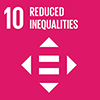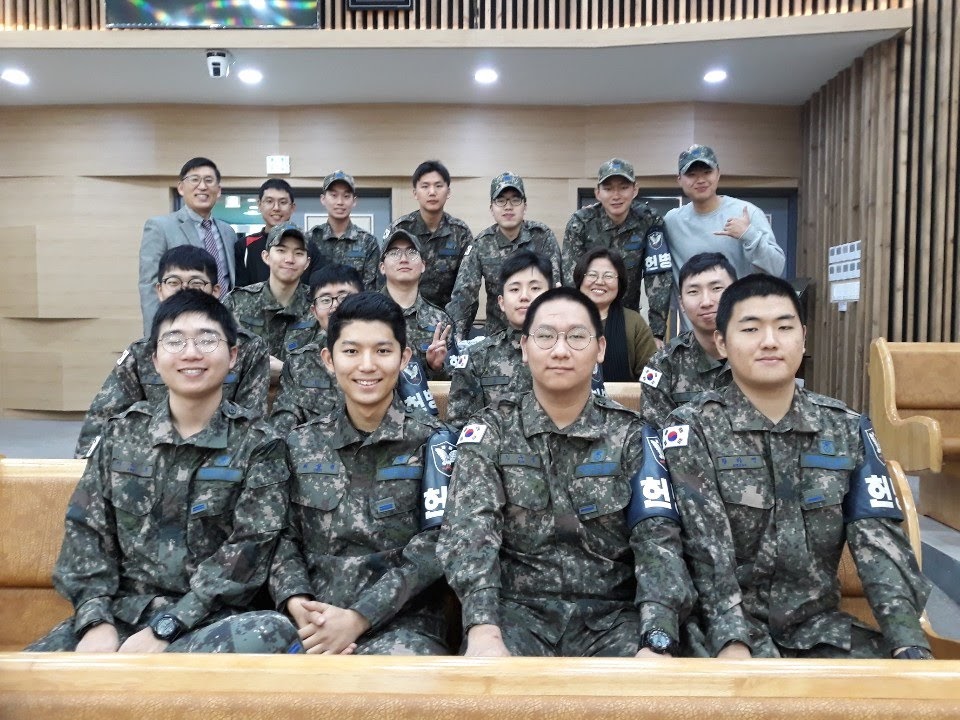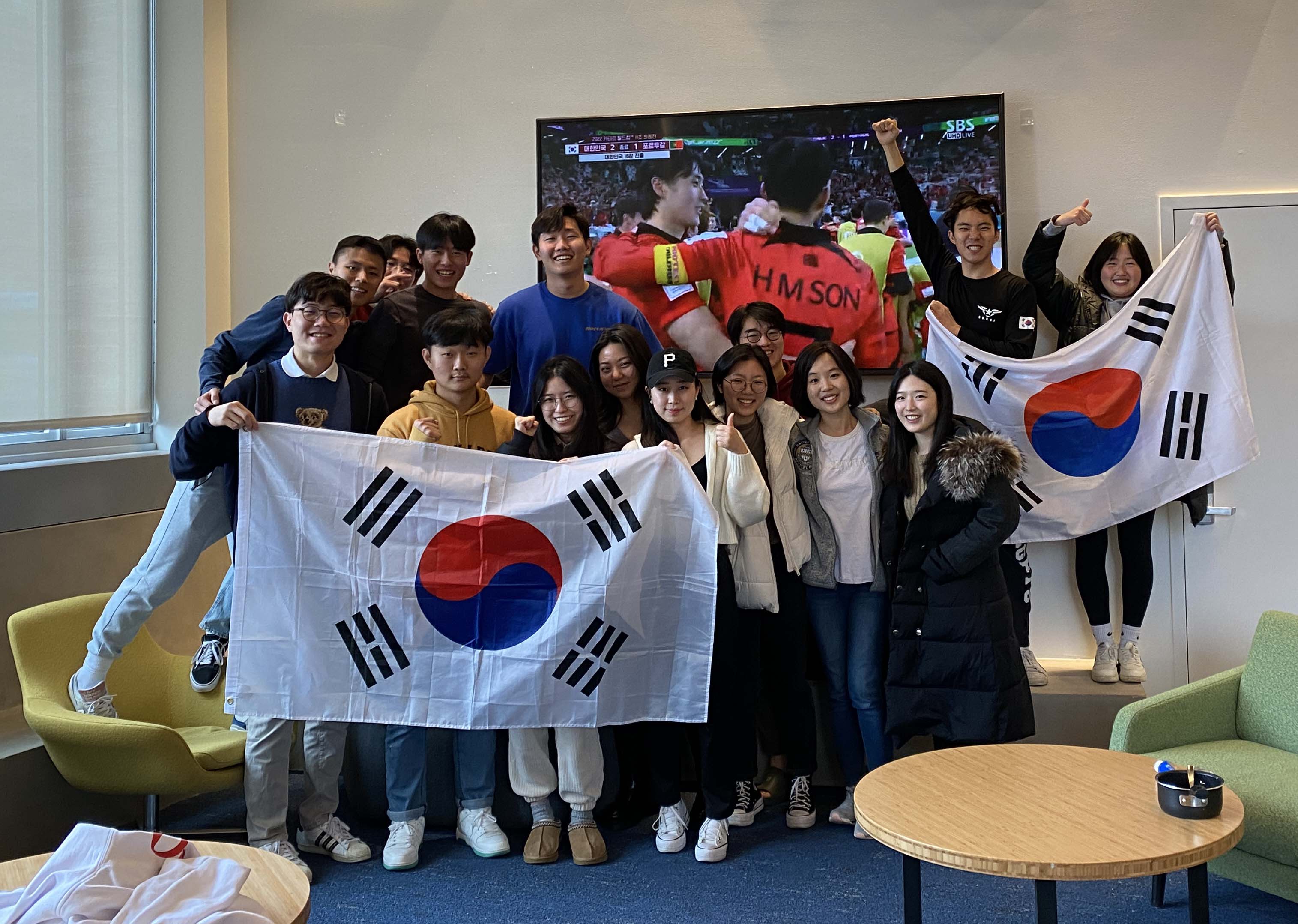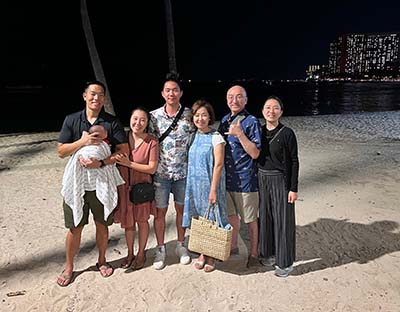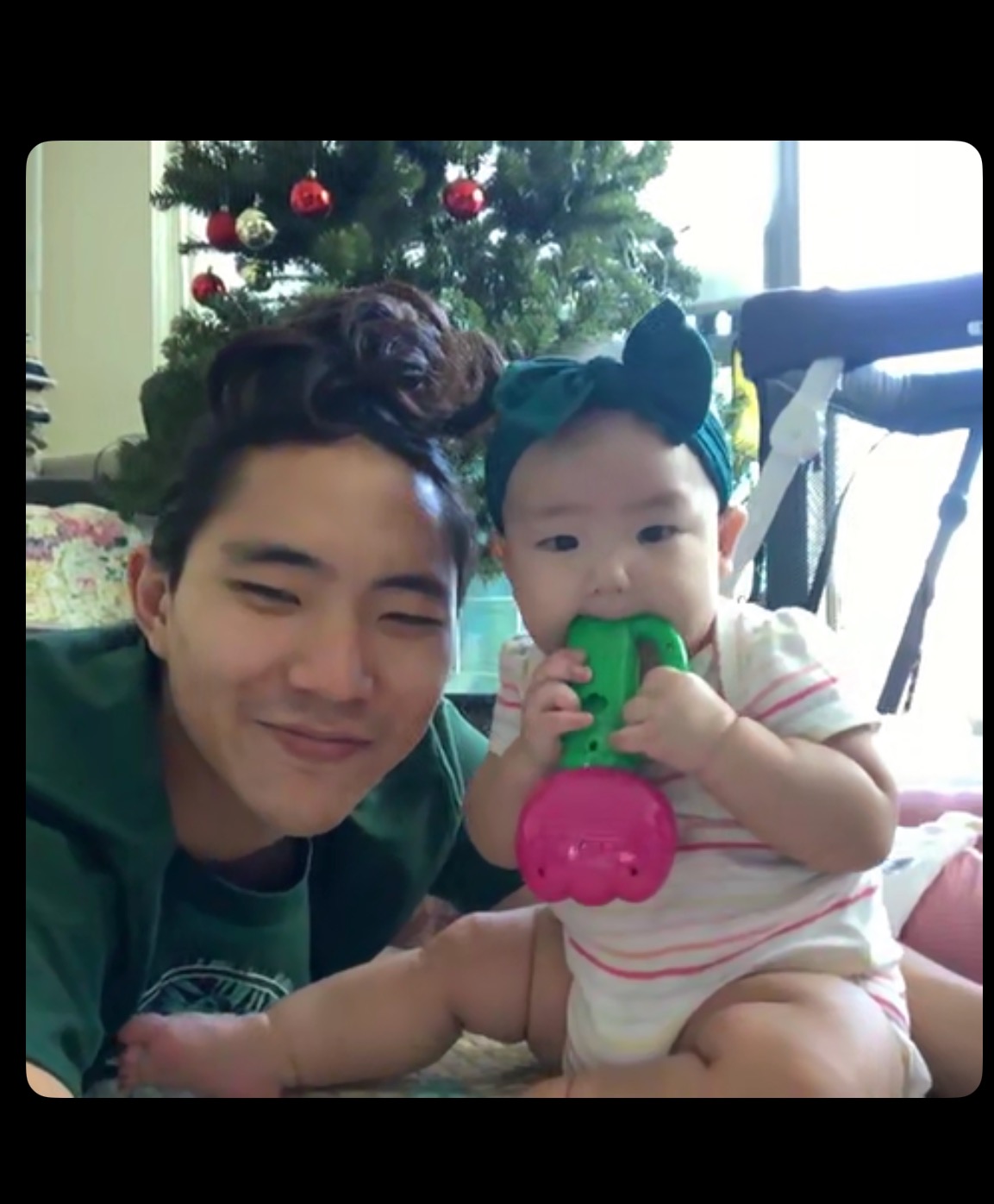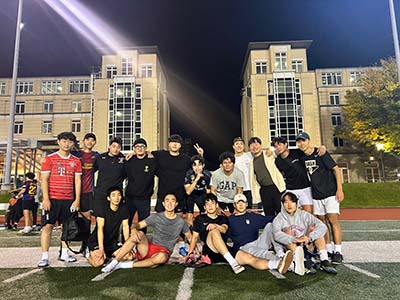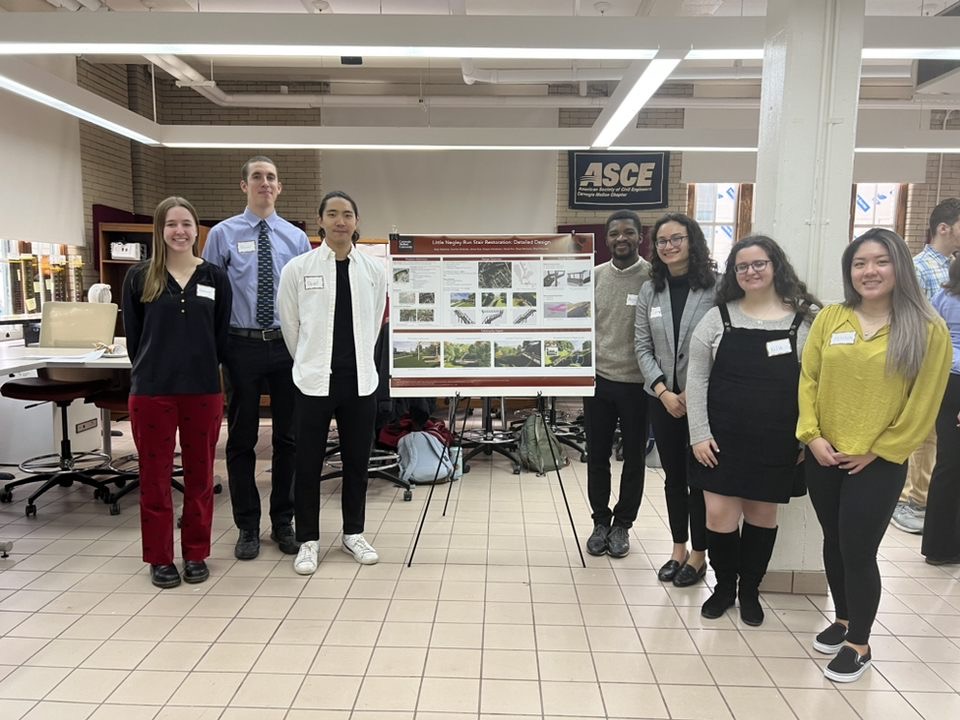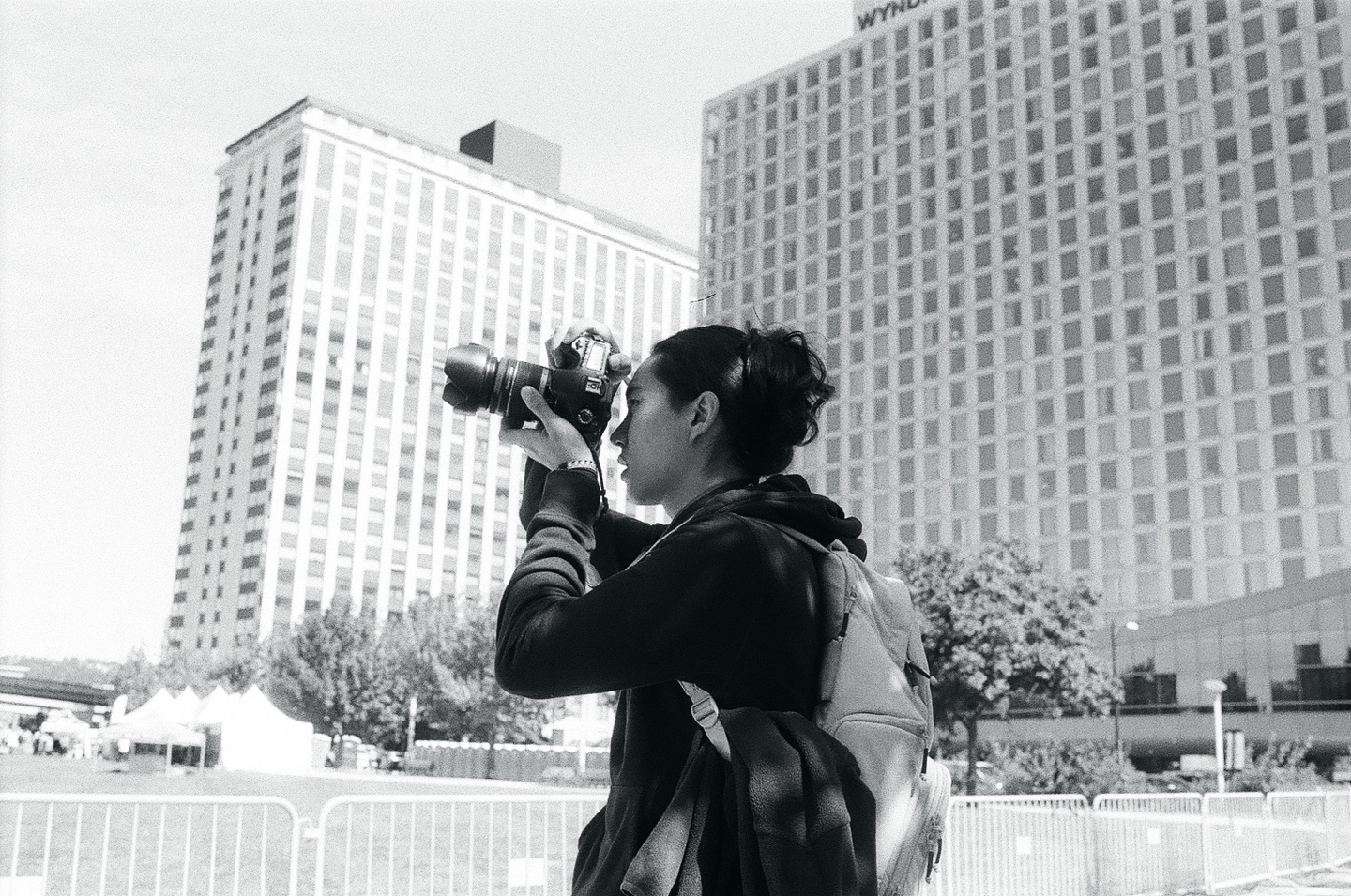
CEE Spotlight: David Kim
By CEE DEI Committee
Hometown/County: Suwon, South Korea
What drew you to Civil and Environmental Engineering?
I got into CMU as a chemical engineering major initially. It just wasn’t the right fit for me. I was very into chemistry during high school, and the idea of utilizing chemistry for practical applications sounded pretty awesome. However, I struggled to alight a passion for chemical engineering throughout my freshman year.
When I enlisted in the Korean military after my freshmen year to fulfill my mandatory military duty, I had the time to sit down and really think about my interests, strengths, and passions. This was the first time I was clear of to-dos, assignments, and exams. For years, I had a thing for architecture but didn’t have the time to explore it as much as I wanted to. I took the opportunity in the military to fully indulge myself in architecture: reading books, surfing the Internet, and accumulating as much architectural material as possible. I also thought over why I was attracted to architecture, concluding that the beauty in the intelligent use of a limited resource — space — to maximize utilitarian, sensory, and aesthetic aspects was what captured me. At the same time, I also made a list of my strengths and passions. As an engineering major, I knew I excelled in science and math, but I was also a people person, wanting to use my learnings to positively impact communities and societies. Putting these aspects together, I aspired to work in the building industry with my skillsets as an engineer to craft communities and societies. Hence, whenever people ask me why I chose to study CEE, I say the following:
I chose to study civil and environmental engineering in hopes of crafting communities and societies through the built environment. While I was fascinated by tall buildings, fun parks, and grand airports when I was little, I noticed how buildings and infrastructures greatly impact people’s lives over time. From how well-preserved historical buildings enhance civic and national pride to how roads and highways that connect communities affect the number of times families get together, we are in constant interaction with the built environment, and in turn, the built environment largely governs and shapes our lives. This aspect of inducing long-term positive impact on communities and societies through a tangible medium where I can touch, see, feel, and even inhabit the work that I do genuinely captured me.
How did/does your identity influence your decision to pursue engineering/STEM?
Whether it stems from my parents’ prolonged service at church or from the multiple service trips I’ve embarked on, I am a people person who values helping others. When pursuing higher education, I didn’t want to obtain knowledge for the sole purpose of knowing and expanding the limits of human intelligence. I wanted to utilize my learnings to help those in need by bringing tangible, effective, and viable solutions to the many problems at hand. Embodying all the above, engineering was a perfect match.
How did your lens on diversity, equity, and inclusion take shape both as you grew up and as you entered adulthood and academia?
I am a dual citizen, owning both US and Korean passports. I was born in the states but grew up in Korea under Korean parents. Due to my duality, I was fortunate enough to attend an international school in Korea throughout secondary school where diversity was celebrated and represented. My cultural identity and educational upbringing have been set in a global, diverse, and inclusive environment. Such background equipped me with a multicultural perspective and a hospitable attitude towards inclusivity.
However, despite being raised in such an environment, I still struggled with my cultural identity. I failed to identify myself as a Korean or as a Korean-American. I was too Korean amongst Korean-Americans because I didn’t grow up in the states, lacking a home state and other typical American upbringings. On the other hand, I was too American amongst Korean-Koreans because I didn’t go through the Korean education system, lacking terminology and cultural norms. My identity struggle was accentuated when I joined the Korean military to retain my dual citizenship. I was stationed at a US-ROK joint military base and worked alongside both US and Korean soldiers. US soldiers treated me like any other Korean soldier because of my Korean uniform, but my fellow Korean comrades called me an American because of my duality. I shared both identities, which ironically put me out of place in both categories.
Amid such cultural dilemmas, I gained clarity while facilitating communication between US and Korean soldiers. Over daily operations, I constantly acted as the bridge between the two troops. In addition to mere translations, I was able to even deliver nuances and tones because I understood both cultures. That was when I began to fully embrace my duality instead of shying away from it. I now call myself a Korean and an American. Since then, I have come to better value duality and diversity in myself as well as in others.
What positive experiences have you had at CMU that you would hope others would have?
I am extremely grateful to have been cared for and respected by the CEE department and faculty. I want to specifically mention Andrea and Sarah. Andrea makes CMU feel like a warm, welcoming home. Coming back from two years of leave was definitely a challenge; changing my major upon my return did not help either as I didn’t know anyone in the department. Despite all this, I have constantly felt belonged and cared for through Andrea’s efforts. Sarah was always open to discuss and share her insights. Whenever I reached out to Sarah, whether it be through emails or stopping by her office, she always took the time to sit down and chat. Our interaction may have been more frequent because Sarah is my faculty mentor, but I’ve felt like I could always go to Sarah for advice. Delving into academics and broadening your scope may be of value, but I think taking the time to appreciate relationships and interactions is just as valuable. I hope others would also be able to form meaningful relationships and feel equally cared for and respected.
In your position, how do you advocate for inclusion?
As an undergraduate student, I advocate for inclusion by listening more and speaking less. Although I wouldn’t shy away from voicing my perspectives, I make sure I don’t overuse my voice to ensure everyone’s voice is heard. I believe understanding that everyone has something to say and being open to listen to various perspectives are keys to creating an inclusive environment.
Do you have any advice for incoming (students, faculty, or staff)?
I want to remind all incoming CMU students to take a breather. CMU is a tough school that pushes you to your limits. Hardworking and driven, students at CMU really embody the university motto, “My heart is in the work”. While this allows you to be surrounded by diligent and passionate individuals, it may seem like everyone is always, constantly at work, prompting you to work harder and harder without a break. I want to remind you to take some time off when overburdened and stressed. I had to take two years of leave due to my circumstances, but I am extremely grateful for having done so. While I wasn’t in the most relaxing environment, it gave me the time to rest and recharge. Upon returning from leave, I continue to incorporate breaks and rests between my studies, destressing and taking care of my body and state of mind. Know that for your heart to be in the work, your heart needs to be healthy.
